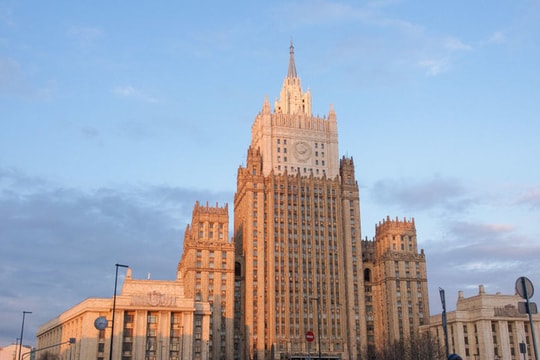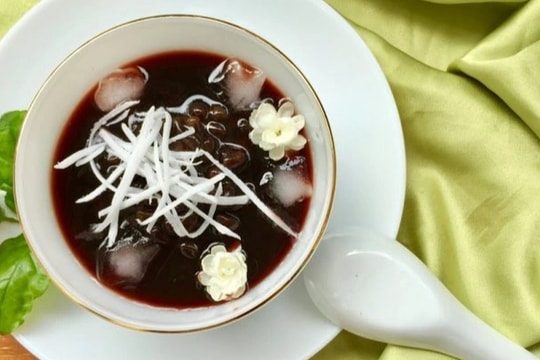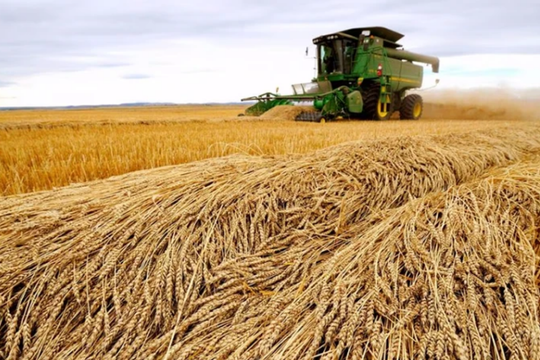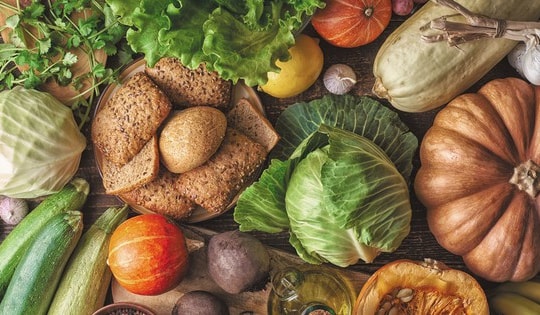Global food security is 'in jeopardy' again
(Baonghean.vn) - Just three months after the grain export agreement was signed under the mediation of the United Nations and Türkiye, the transportation route bringing Ukraine's grain to the world market has been closed, threatening global food security.
The last straw
The Russian Defense and Foreign Ministries simultaneously announced the suspension of participation in the grain export agreement for an indefinite period, citing the fact that Russia can no longer guarantee the safety of civilian cargo ships. Russia accused Ukraine of a “terrorist attack” using drones on Russian Black Sea Fleet ships in Sevastopol, Crimea and civilian ships involved in ensuring the security of the grain transport corridor.
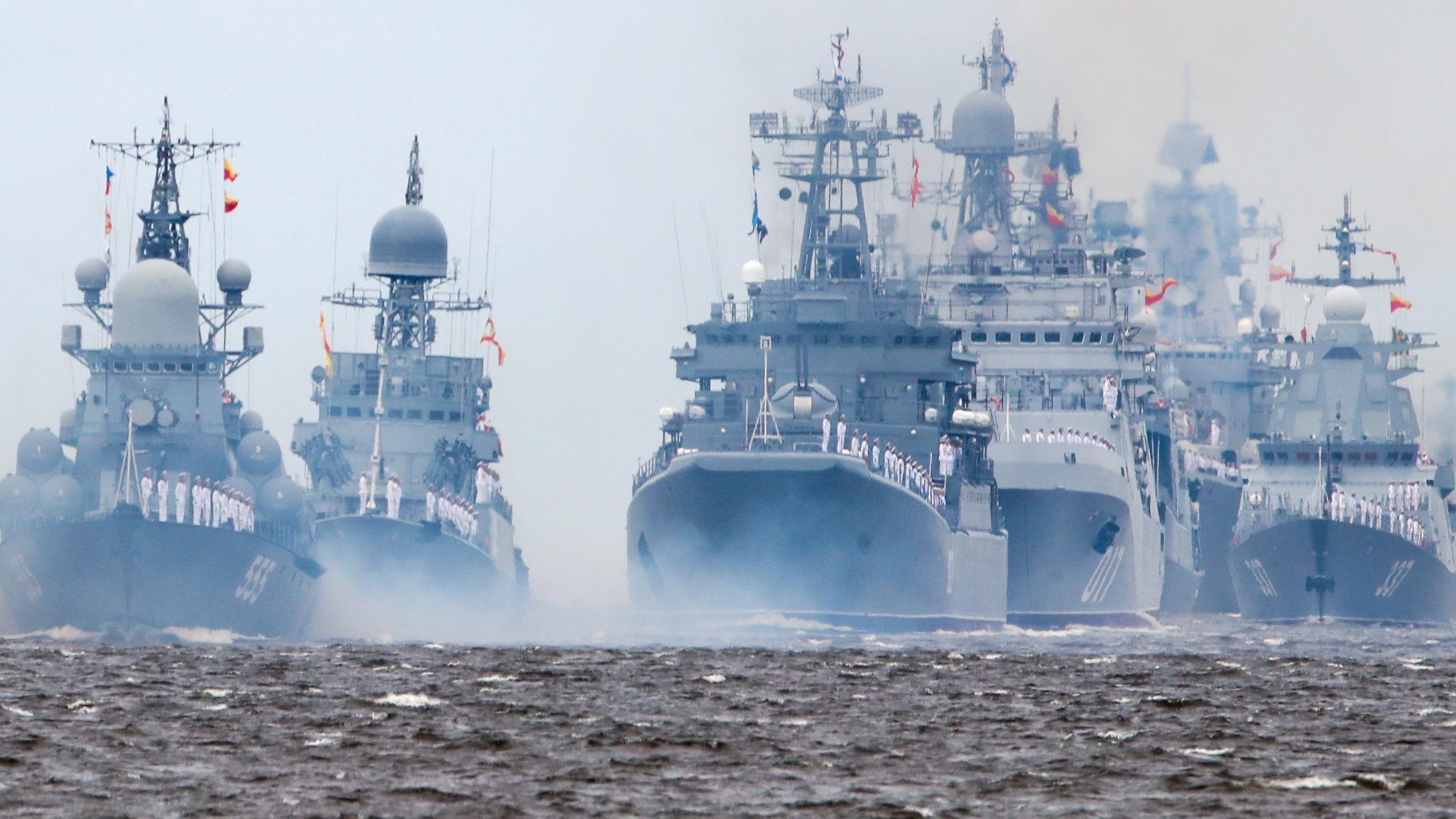 |
Russia accuses Ukraine of attacking the Black Sea Fleet in Crimea. Photo: The Times |
Russia said it had destroyed nine drones and seven maritime aircraft and said it would raise the issue of increased drone attacks at a UN Security Council meeting, as Saturday's attack was the largest the Crimean peninsula had ever seen. In addition to accusing Ukraine of carrying out the attack, Russia also accused the British military of helping prepare and train Ukraine, although this information was denied by the British side.
Two weeks ago, Russia also mentioned the possibility of suspending the grain deal. In an interview with Reuters, Gennady Gatilov, Russia's ambassador to the United Nations in Geneva, said Moscow was concerned that the deal was not being implemented fairly. Under the agreement signed by Russia and Ukraine in parallel with Turkey, Russia would facilitate the movement of Ukrainian grain ships from ports in the Odessa region to world markets, while Western countries would also facilitate Russia's exports of fertilizer and grain.
However, Russia believes that the second part of the agreement has not been fully implemented. Although the US and its Western allies have stressed that food and fertilizers are not among the Russian goods subject to sanctions, according to Russia, Western importers have had difficulty working with banks to import Russian fertilizers and food. The legal uncertainty caused by sanctions makes Western businesses hesitant to work with Russian companies.
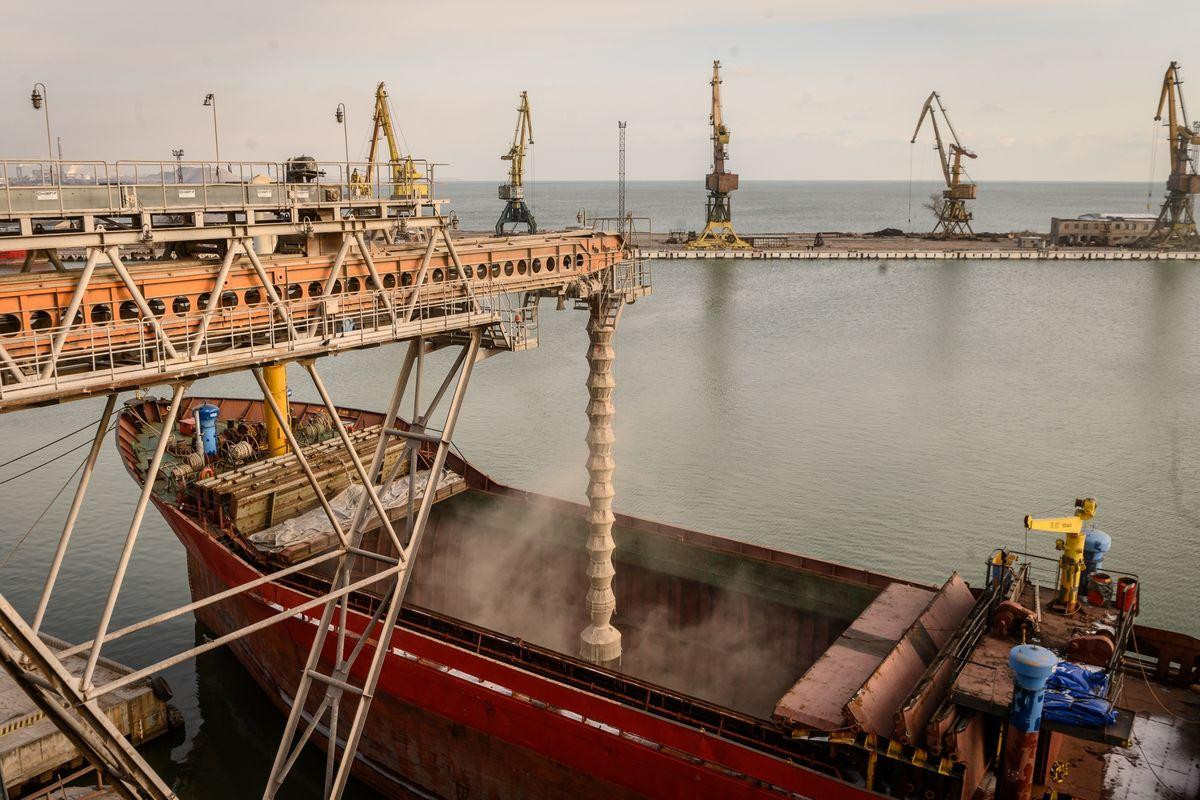 |
Ukrainian grain stuck at ports in Odessa. Photo: Bloomberg |
Given the difficulties in export activities in recent times, even after signing an agreement to establish a “grain corridor” with Türkiye, the attack on Russia’s Black Sea Fleet is considered the “last straw”. Russia’s anger at these escalating actions can be explained by the fact that Sevastopol in Crimea, annexed by Russia, has been targeted many times in recent months, while it is an important logistics center for Russian military operations in Ukraine. When the explosion on the Crimea bridge occurred nearly a month ago, Russian experts warned of the connection to the grain transport corridor, because according to Russia’s announcement, the explosion on the Crimean ship was caused by explosives transported from Odessa – where Ukraine’s Black Sea port is located.
When the Black Sea Fleet was attacked, Deputy Chairman of the Russian Federation Council K. Kosachev said that Russia had not fully assessed the role of the grain transport corridor in the incident, so Russia would indefinitely suspend its participation in the grain export agreement. Analysts said that with this statement, it is almost impossible for Russia to extend this agreement after November 19 - the date the agreement previously signed between Russia, Ukraine and Turkey expires.
The world is "restless"
At the time Russia and Ukraine signed a grain export agreement with Türkiye, world public opinion considered this a rather fragile agreement, and what has just happened has proven this assessment. It should be recalled that, before Russia launched a special military operation in Ukraine, both Russia and Ukraine were the two countries with the largest market shares in the global market: each country held 29%.
At that time, Ukraine exported up to 6 million tons of grain per month. But when the conflict broke out on February 24, Ukraine's exports plummeted to 300,000 tons in March, about 1 million tons in April and 1.7 million tons in May. The inability of ships to leave port left Ukraine with tens of millions of tons of grain. The agreement to allow grain exports between Russia, Ukraine and Türkiye is crucial to easing the global food crisis. Since its signing, the deal has freed up about 9 million tons of grain.
In September alone, Ukraine exported 3.7 million tons of grain, 2.2 times higher than in August, and according to initial plans, this number will continue to increase after the agreement was extended on November 19, possibly even reaching the pre-conflict level of 6 million tons/month.
Russia’s move to withdraw from the grain deal has left the world “on edge”, especially in the context of escalating prices, including food prices, which are still a difficult problem for many governments. Before the grain deal was signed, the global food crisis was threatening the whole world, and the United Nations repeatedly warned of famine in underdeveloped countries.
The risk of the world falling into this situation again has many people worried. Experts have even warned that the agreement not being renewed this month could create panic in the global food market, especially for countries that depend on imports.
Rising food prices will continue to put pressure on inflation in the medium term, thereby exacerbating social unrest and even political instability as people around the world become discontented with the way governments have handled issues related to the Ukraine crisis. That is why many leaders have called on Russia to reverse its decision on grain export deals. European Union High Representative for Foreign Affairs Josep Borrell said Russia's decision poses a risk to the global food market, while US President Joe Biden called Russia's response to the attacks "excessive".
Responding to criticism that Russia is having a negative impact on the global food market, the Kremlin argued that only a small part of Ukraine's grain exports under international agreements goes to poor countries, with the majority being shipped to the EU. Russia pointed out that in 2011, the European market accounted for only 28% of Ukraine's grain exports, but this year it had increased to 81%.
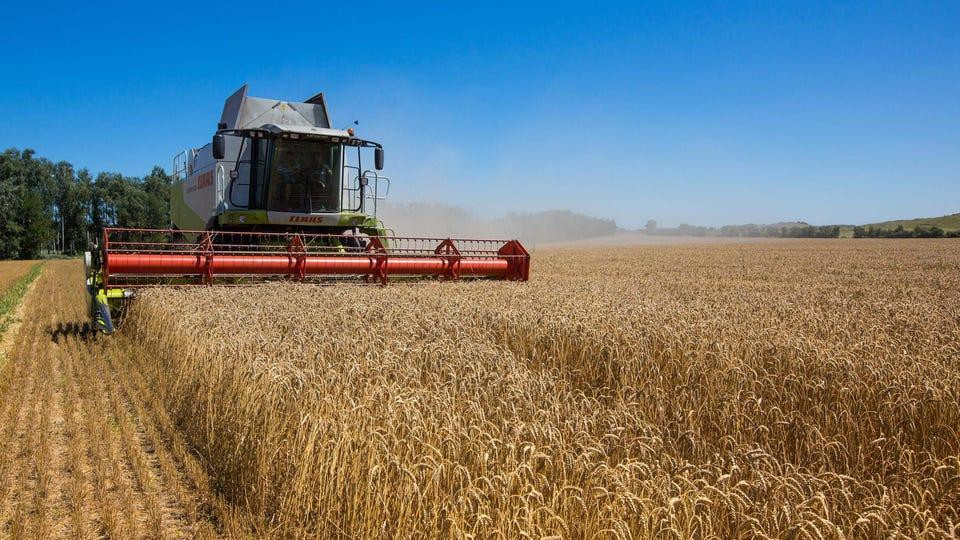 |
| The United Nations is concerned about global food security. Photo: Forbes |
While the parties continue to argue about Russia's move, the United Nations has stressed the importance of dialogue to resume the grain corridor. UN spokesman Stephane Dujarric said the agency is in contact with Russian officials. Turkey, which brokered the grain deal, is also working to salvage the deal.
It is too early to know whether the talks will change Russia's mind, but there is a positive sign: Director General of the Russian Council on International Affairs Andrey Kortunov has "shot" that the grain export deal could be resumed if Russia receives guarantees that attacks on the Black Sea Fleet will not be repeated in the future.
It can be said that the prolonged conflict in Ukraine is causing many negative impacts on the world, from inflation, to energy crisis, food insecurity... All parties involved in the conflict at this time understand that no one can win completely. Therefore, diplomacy and negotiation are the only way to end the conflict, and first of all, to "save" global food security.

